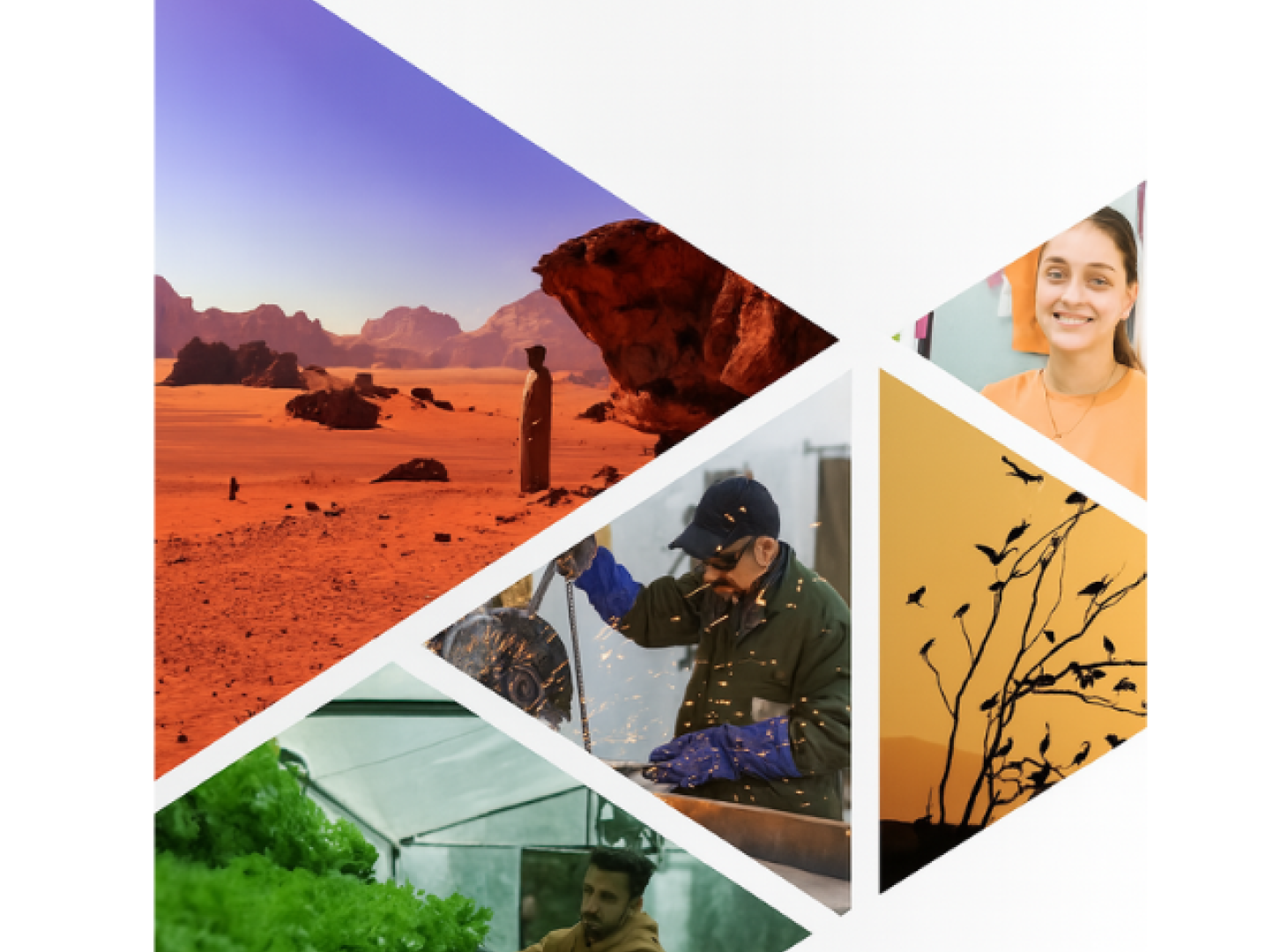WFP Jordan Country Brief, November 2022
Operational Updates
• In November, WFP continued to provide monthly food assistance to around 460,000 vulnerable refugees residing in camps and host communities through cashbased transfers. Most refugees assisted come from Syria (96 percent), with a minority from Iraq (3 percent), and the remaining (1 percent) from Yemen, Sudan, Somalia and other countries.
• Due to an improvement in the funding situation, WFP was able to reinstate the transfer value to beneficiaries in the communities back to the level of August. The transfer value had been reduced by about a third since September. Starting in December, refugees were informed that they will thus receive their full transfer value. Extremely vulnerable refugees will receive USD 32, and vulnerable refugees will receive USD 21.
• With the progressive shift from e-cards to mobile money to promote financial inclusion, around 26,000 Syrian refugees received assistance through this modality in November. WFP and UNHCR continue conducting joint mobile money information sessions, with the aim to provide cohesive messages and prevent confusion among beneficiaries about the transition to e-wallets from both agencies.
• At the end of November, GIZ, WFP and UNHCR held a workshop to present the findings and recommendations of a study on the financial inclusion of refugees in Jordan.
The workshop aimed to align the vision of all stakeholders involved in digital financial inclusion in Jordan and inform Jordan’s National Financial Inclusion Strategy, expected in 2023 • Under the Social and Behaviour Change Communication (SBCC), WFP, in cooperation with Caritas, launched raising awareness sessions for pregnant and lactating women in host communities. Through flyers, posters and interactive activities the campaign focused on women with anaemia and high-risk pregnancies to improve their nutrition habits and health.
• WFP school feeding activities continued in November with the distribution of date bars to around 410,000 students in the camps and communities, and healthy meals to 85,000 students in communities. In November, a total of 1.5 million healthy meals were produced by 300 women working in the kitchens who will receive their monthly salaries through mobile money.





